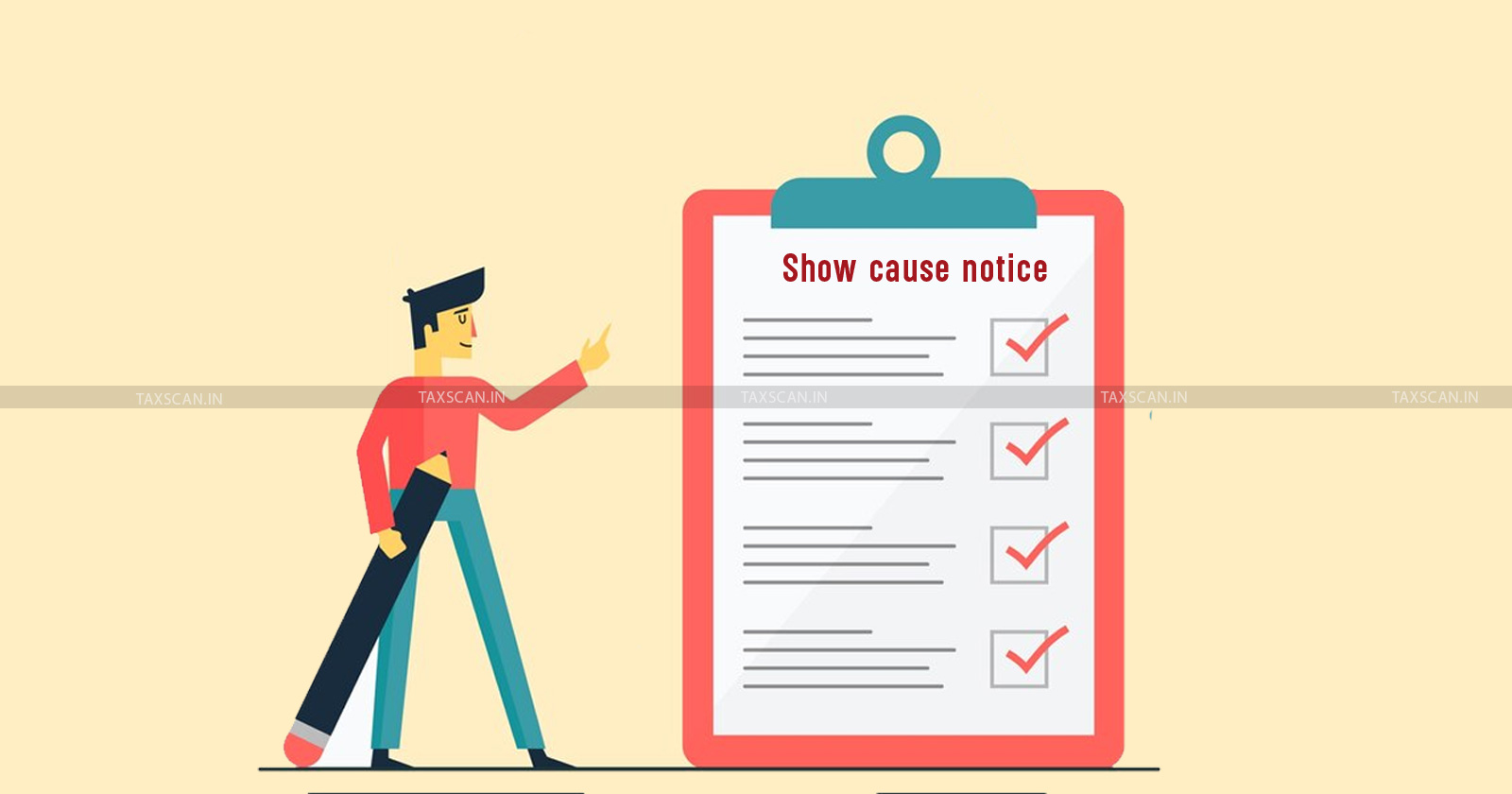Coaching Centre Had No Intent to Evade Tax: CESTAT Quashes ₹3.06 Cr Extended Period Service Tax Demand and Penalty [Read Order]
CESTAT quashed the extended period of the tax demand amounting to ₹3.06 Cr and found that there was no intent to evade tax by the coaching centre.
![Coaching Centre Had No Intent to Evade Tax: CESTAT Quashes ₹3.06 Cr Extended Period Service Tax Demand and Penalty [Read Order] Coaching Centre Had No Intent to Evade Tax: CESTAT Quashes ₹3.06 Cr Extended Period Service Tax Demand and Penalty [Read Order]](https://images.taxscan.in/h-upload/2025/08/01/2071862-coaching-centre-evade-tax-cestat-extended-period-service-tax-demand-and-penalty-taxscan.webp)
The New Delhi Bench of the Customs, Excise and Service Tax Appellate Tribunal (CESTAT) set aside a ₹3,05,92,67 service tax demand by the Department for the extended period of limitation and held that there was no intent to evade tax.
 Also Read:Extended Period of Limitation for Excise Duty Recovery: CESTAT Confirms Demand Within Normal Limitation Period [Read Order]
Also Read:Extended Period of Limitation for Excise Duty Recovery: CESTAT Confirms Demand Within Normal Limitation Period [Read Order]
The appellant-assessee, Soft Dot Hi Tech Educational and Training, is claimed to have been running study centres under a distance education mode for various Universities for imparting education in various courses such as B.Com, BBA, and MBA and it is the universities that award the degrees or diplomas to students undertaking education at such centres.
The Revenue issued a Show Cause Notice (SCN) alleging non-payment of service tax under “Commercial Training or Coaching Services”, which is taxable under 65(105)(zzc) of the Finance Act, 1994.
The total demand raised by the revenue was ₹3,05,92,676 along with an additional penalty of ₹10,000 under Section 77 of the Act.
 Also Read:Extended Period Not Invocable when Department Previously Audited and Issued SCN: CESTAT [Read Order]
Also Read:Extended Period Not Invocable when Department Previously Audited and Issued SCN: CESTAT [Read Order]
The Department had invoked the extended period of limitation under the proviso to Section 73(1) and alleged the suppression of material facts with an intention to evade tax.
The appellant contended that it had a bona fide belief that it was exempt from service tax. It pointed out that it was acting as a study centre for recognised universities and believed that the services fell within the exemption notifications.
The Bench comprising Justice Dilip Gupta (President) and P.V. Subba Rao (Technical Member) found that the conditions for invoking the extended limitation period were not met in this case.
 Also Read:Extended Limitation Period Not Sustainable Without Suppression: CESTAT Faults Department for Failing to Scrutinize Returns [Read Order]
Also Read:Extended Limitation Period Not Sustainable Without Suppression: CESTAT Faults Department for Failing to Scrutinize Returns [Read Order]
The Tribunal only upheld the demand for the normal period of limitation and remanded the matter to the revenue to examine only what portion of the demand falls within the normal period of limitation under section 73(1) of the Finance Act. Then, consider whether the penalty under sections 77 and 78 of the Finance Act should be leviable on the appellant for this period and to determine the amount of the penalty.
The assessee was represented by Atul Gupta along with Anmol Gupta and Varun Gaba, while Jaya Kumari represented the Department.
Support our journalism by subscribing to Taxscan premium. Follow us on Telegram for quick updates


